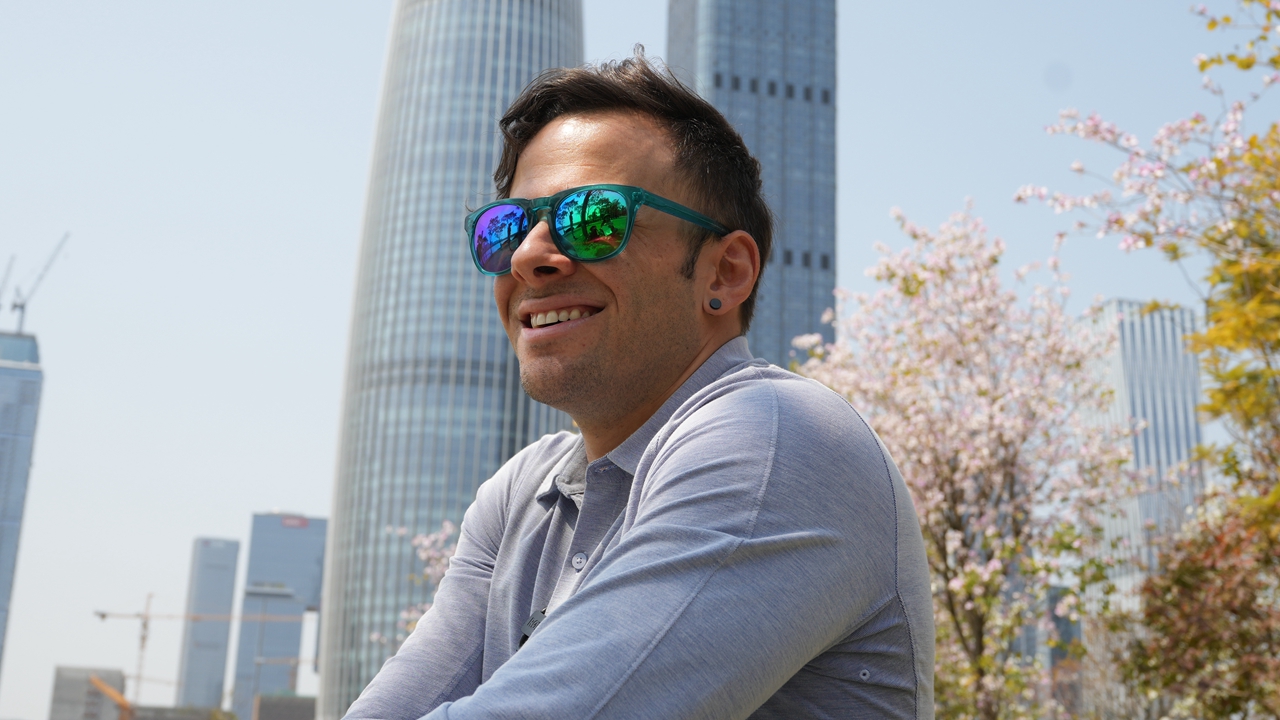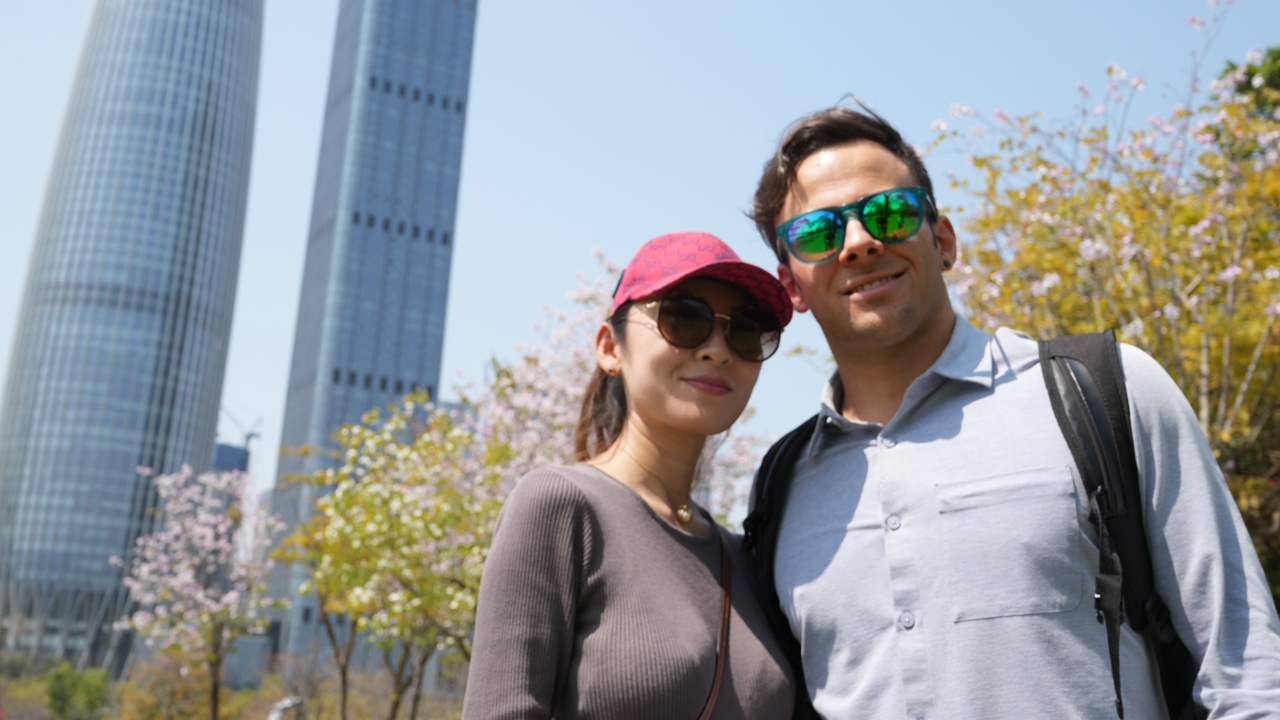Talents 'key to the digital economy'

Video and photos by Liu Xudong
The digital economy has been a major focus at the annual sessions of the National People’s Congress (NPC) and the National Committee of the Chinese People’s Political Consultative Conference, known as the “two sessions.”
“We should strive to develop the digital economy,” Premier Li Keqiang noted, adding that it is one of this year’s main targets listed in the government work report during the opening meeting of the First Session of the 14th NPC held at the Great Hall of the People in Beijing on Sunday.
Anton Olshvang from Israel, who goes by his first name Anton and has been in China’s gaming industry for eight years, believes that the fast-growing digital economy in Shenzhen is due to the fact that the city is becoming more attractive to young talents. “It’s a livable city where young people will not just come to work for a few years and then go back to their hometowns or somewhere else, but they can develop and also invest more for their future,” Anton said.

Anton Olshvanga at Shenzhen Talents Park in Nanshan District.
Anton moved to Shenzhen last year and is working as the senior global operations manager for Tencent Games. He is in charge of overseas operations managing publishing efforts for innovative AAA shooters developed by Tencent’s global gaming studios.
Anton suggests that the Shenzhen government should strive to roll out more favorable policies, make timely regulations and become more open to international exchanges to better support the growth of the digital economy. “If you want to create a game that is successful in the global market, it needs to be done by a multicultural team,” Anton noted.

Anton Olshvanga and his fiancée.
The Israeli calls himself a “cross-cultural expert” between China and his home country as he speaks four languages (Hebrew, English, Chinese and Russian) and has passed level 6 of the HSK Chinese proficiency test. In 2013, Anton helped organize and coordinate the 2013 Israel-Asia Summit.
Anton grew up in a multilingual environment and was intrigued by the Chinese language and culture at a young age. “I was always interested in Asia, especially in China. When I was a kid, I liked Hong Kong movies by Bruce Lee and actors like Tony Leung,” he said.
Anton told Shenzhen Daily that he enjoys using his expertise in the gaming industry and cross-cultural background to help Chinese game developers who want to go overseas accomplish their mission by doing overseas operations, marketing, branding and business development.
From Anton’s perspective, the gaming industry is the future. “People talk about the metaverse and virtual reality, and gaming is going to combine all these and make these visions come true,” Anton said.
Anton also recognizes the potential of China’s gaming industry as a platform to export Chinese “soft power” to the outside world through the right channels. “We can see how the Japanese are very good at exporting Japanese culture through their games. There is a combination of high-quality games and interesting source materials. They use characters like ninjas, geishas and samurais as themes in their games. So, the Chinese can use The Three Kingdoms and Monkey King in their games,” Anton said.
The 35-year-old and his fiancée are currently expecting a child, an experience that Anton describes as “the biggest adventure of my life, bigger than any video game.”